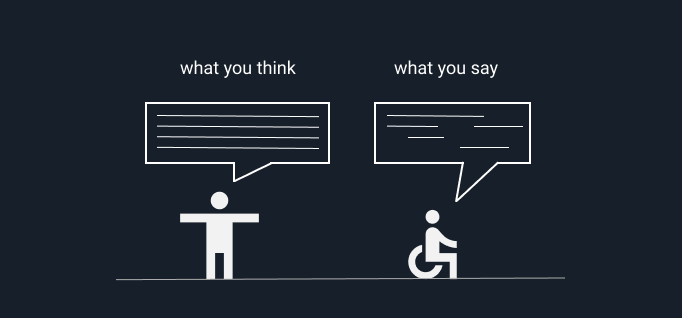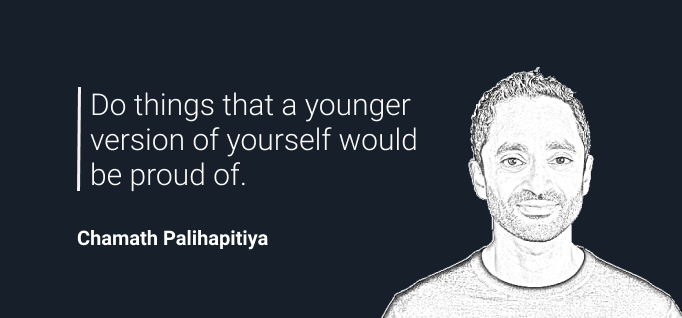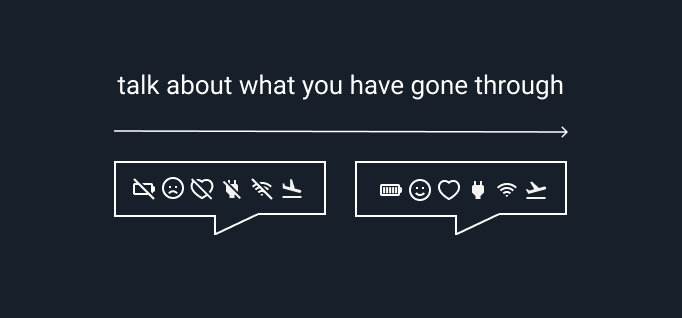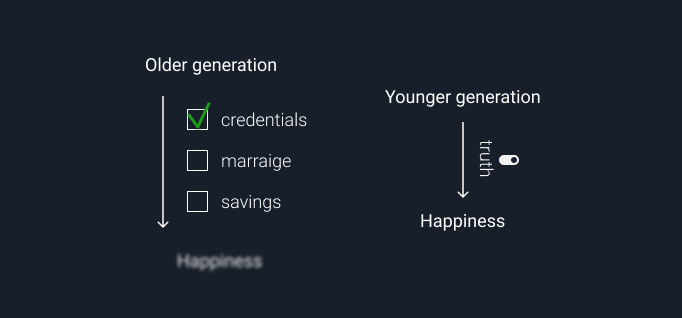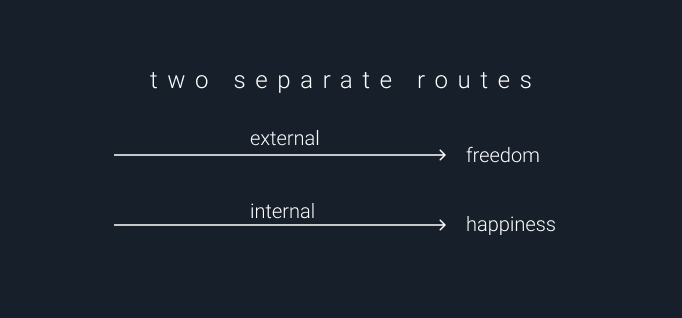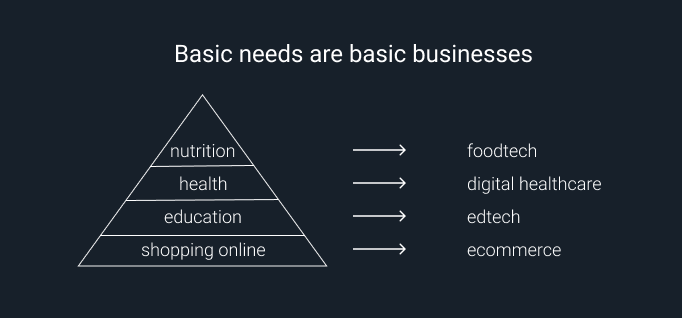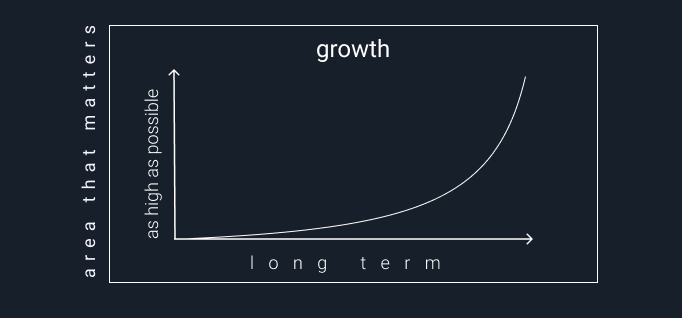It is valuable when you can speak the truth.
Most people are not in the position to be as candid as they want to be.
When you talk about what you’ve gone through it is useful to people, especially when you talk in simple and plain-spoken terms.
It demystifies your 'greatness’, makes it more normal, and lets others relate.
Many people have to do things that are motivated by other people's perceptions of them motivated by the pressure that is extorted by people that are very close around them i.e. friends and family.
It leads to an inevitable moment when people start questioning their happiness.
Younger generations are more honest to themselves.
They are willing to be happy in the way they defined it to themselves.
Older generations were just checking the boxes.
Many people realize that it is not the pattern to maximize their fulfillment.
Being happy generates better outcomes.
Happy engineer is better than an unhappy engineer.
Happy artist is better than an unhappy artist.
And so on.
Lying is a simple coping mechanism we all have.
Being honest leads to happiness. When you lie to someone you first lie to yourself.
The more comfort you have with yourself, your self-worth, and your limitations the more honest you can be.
Do things that a younger version of yourself would be proud of.
Money accelerates when you can declare yourself free. It liberates people and gives them freedom. However, it does not make them happier.
Running a happiness race with money is more distractive than if you do it without money.
People should separate two paths: one is the path to freedom, the second one is the path to happiness.
Path to happiness is an internal process.
Freedom one is easily copied.
More people should believe they can be economically sufficient. We would be surprised how many people are intellectually capable of achieving financial freedom on their own.
We should provide them a reasonable roadmap that they can execute.
The most undervalued asset people completely miss the most is adding value to people's lives.
We are going to financialize everything and fractionalize ownership of almost everything.
The opportunity is to curate and cultivate a community around that to help people. For everyone.
When considering capital allocation think about what sectors of the economy will benefit regardless of interest rates.
These are very simple, hierarchical ideas.
Figure out the right mix of early vs. late stage, public vs. private then you can come up with the answer.
Jeff Bezos is a better capital allocator than Warren Buffet.
If you take a look at Amazon's PnL and zoom in at every single expense line, you will see that he created a product around it and made it a revenue line.
That is why capital allocation is an amazing skill.
Capital allocation summary:
+ you want long-term growth
+ the higher the growth the better
+ in areas that matter for people
In 10 years from now, it is going to be a playbook that works.
Think about what will be more important and how to accelerate the right outcome. The world’s first trillionaire will be somebody in climate change.
@elonmusk enters the room 🚪
Successful investing is about behavior and psychology.
You are always going to fight with yourself.
Numerous psychological traps:
- panicking
- overreacting
- underreacting
- refusing to observe the present
- living too much in the past
- wanting to much to believe in the future
Data is there to observe. Define certain behavioral principles that protect you from your own psychology.
That is a good strategy. It solves your blind spots.
Protect you from yourself.
Focusing on your happiness, through exploring who you are, finding your weaknesses and blind spots, eventually will make you a better investor.
It is a money-making strategy.
Spending time understanding yourself is enormously helpful.
Let yourself be seduced by some people’s narrative.
If you will be fundamentally inoffensive in your opinions upfront, you find people who have extreme opinions will talk to you in a very unguarded way.
Train yourself to be seduced by these people, so you can learn from them.
Start with no opinion.
Allow yourself to understand your enemy's opinion, but don’t get caught by it. Learn to come back home. 🏡
